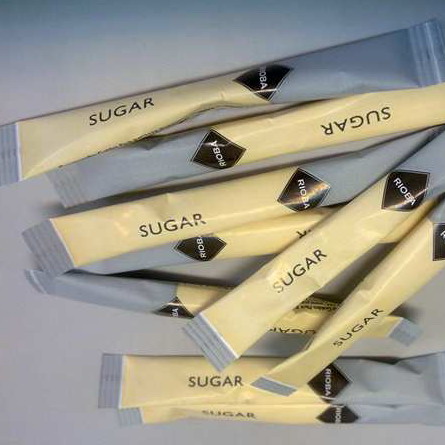Problem: made 8 brews, used different techniques, different waters, lately i am controlling the ph, minerals, ferm temp, pitch a huge amount of dry yeast, leave beer in the fermenter for 4 weeks etc. I used US-05 all the time.
I drank the first 3 brews within 3 weeks after bottling and as i remember they did not had the off taste.
Now all the other ones developed this off taste sooner or later, one of them was perfect even without co2 during bottling but got progressively worse after aging. I think all of them went bad within 3-4 weeks, the oldest one spent 4 weeks in the fermenter and 7 weeks in the bottle and the described off taste did not get better. While the hop aroma and grassy flavors are faded away slowly the after taste got maybe even worse.
Here is a key quote:
I've seen a few threads describing the same problem but not in a single one the original poster came back and stated that i did x (like started controlling the ph or started pitching the right amount of yeast or skipped sparging etc.) and my beer became good. There were a lot of different advices everywhere (like control the ferm temp or don't use argentin cascade etc.) but no one returned to the thread to say that it solve their problems.
I drank the first 3 brews within 3 weeks after bottling and as i remember they did not had the off taste.
Now all the other ones developed this off taste sooner or later, one of them was perfect even without co2 during bottling but got progressively worse after aging. I think all of them went bad within 3-4 weeks, the oldest one spent 4 weeks in the fermenter and 7 weeks in the bottle and the described off taste did not get better. While the hop aroma and grassy flavors are faded away slowly the after taste got maybe even worse.
Here is a key quote:
I seem to get this flavor any time I add a significant amount of hops. I get the normal hop flavors (citrus, tropical fruit, etc) when it is straight out of primary and even for the first few days of tapping the keg. But it quickly turns to earthy flavors within days of kegging. I've had this problem for years. I regularly see other people post about it but I never see any resolution. Boo.
I've seen a few threads describing the same problem but not in a single one the original poster came back and stated that i did x (like started controlling the ph or started pitching the right amount of yeast or skipped sparging etc.) and my beer became good. There were a lot of different advices everywhere (like control the ferm temp or don't use argentin cascade etc.) but no one returned to the thread to say that it solve their problems.



